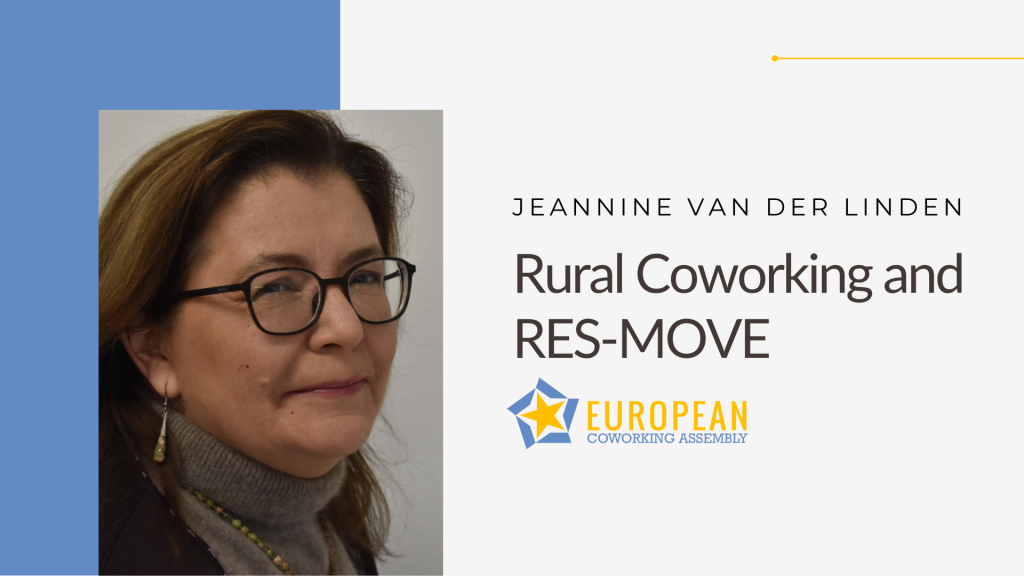I was born on an army base in Georgia, a true army brat who moved around a lot during my early childhood. As I grew up my career path seemed set as I worked for my mother’s construction company, a business she started in the 1970s. However, as with many family businesses this did not work out and life had different plans in mind for me. I decided to go to law school to become an environmental lawyer. During my studies, I discovered a passion for litigation and eventually focused on high-conflict litigation. I built my career in Atlanta, Georgia, practising litigation almost exclusively.
In 2004 my family moved to Europe. This was an exciting and challenging transition. For my adult life my experience was that my voice was heard and respected, largely due to a strong network. However, emigrating to Europe meant starting over, and I found myself to my surprise an illiterate mother of two, unable to practise law unless I wanted to go back to law school and learn a different legal system – and in a language I was struggling to master. I needed to find a new way to contribute and support my family. As both my mother and grandmother had in different ways found themselves in this situation – unable to find a job that allowed for the realities of my family – I became the third generation of women in my family to start a business and I started a coworking space.
About De Kamer
I created De Kamer to generate a new financial stream and provide a valuable resource for entrepreneurs. The idea started with a building we owned, which became the first coworking space. The second space came about when one of our coworkers needed a warehouse and storage space, which was not possible in the tiny space we had. From there, De Kamer grew into a network of coworking spaces. At De Kamer, you can rent a space with a normal rental contract, sharing it with your coworkers, and the costs are based on your actual use. We aim to foster a community of earned trust, with each location supporting between 80 and 100 entrepreneurs. Our members range from those needing a business correspondence address to those requiring a traditional rental. Our job is to ensure you have all the space and services you need, taking your work from the kitchen table phase to a full-fledged business.
Creating third places
What is interesting about rural coworking is the discussions surrounding what constitutes “rural” and “periphery” in our communities. There’s a significant breaking point at a population of about 50,000. This threshold, first identified through American research, marks a stark difference in how coworking spaces function. In areas with a population above 50,000, coworking spaces thrive on traditional models like hot desking and private desks due to the high demand. In smaller towns, such as Oosterhout, a traditional coworking model simply doesn’t work because there aren’t enough people seeking those services. Therefore, coworking in these areas requires a more flexible approach, offering a wider range of services to attract and retain members.
In smaller towns, we must broaden our definition of coworking beyond just shared office space. Rural coworking spaces hold all kinds of community events such as parties and baptisms, recognising that these communities need a “third place”; somewhere outside the home and workplaces where people can gather and interact. Traditionally, social interactions in Europe were centred around sports clubs or churches, or even the neighbourhood pub, but modern communities haven’t settled on a new central hub. My goal with rural coworking is to foster development of this third space, supporting a sense of community and providing a versatile environment where people can connect, collaborate, and celebrate. By doing so, we aim to fill the gap and become the heart of social interaction in these smaller towns.
Coliving and coworking
The relationship between coliving and coworking is particularly beneficial in rural areas, especially considering the serious housing crisis in Europe. Coliving has emerged as a solution to this crisis, offering affordable and community-focused living spaces. In many rural regions, there’s a significant issue of young people moving away to seek better opportunities elsewhere. By integrating coworking and coliving spaces, we can create a compelling reason for them to stay or even attract new residents. This combination provides not only a place to live, but a lively community and professional network, creating a sense of belonging and stability. With coworking spaces offering a dynamic work environment and coliving spaces providing a supportive living community, we can help rejuvenate rural areas and build thriving, interconnected communities.
RES-MOVE and coworking
RES-MOVE is an EU Project funded by the Asylum, Migration and Integration Fund (AMIF) with a visionary goal of creating a network of coworking spaces across Europe that serve as integration hubs for refugees. This project is focused on rural areas, aiming to develop best practices for supporting refugee integration outside the major cities. Currently, refugees are largely concentrated in large cities due to the availability of essential facilities like public transportation and other services. However, there is a growing movement in Europe to disperse refugee populations more evenly, to foster better integration into new societies.
One of the key challenges is that rural areas often lack the infrastructure and connectivity found in urban centres. Despite these challenges, we believe that coworking spaces can play a crucial role in this initiative by providing not just a place to work but a supportive community where refugees can connect, learn, and integrate more effectively. Coworking spaces can offer resources, mentorship, and social networks that help refugees adapt to their new environments. By avoiding the clustering that often happens in cities, we can promote more meaningful integration and create a diverse, thriving community in rural areas. It’s important to approach this with care and thoughtfulness to ensure the integration is successful and beneficial for refugees and the local communities.

